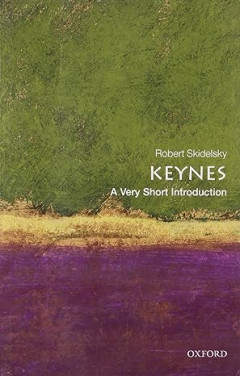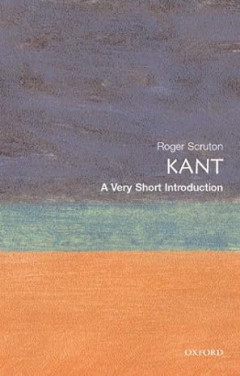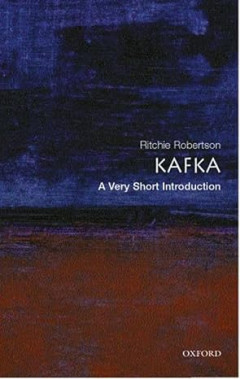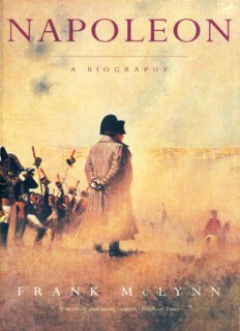Ditapis dengan

E-book Keynes: A Very Short Introduction
John Maynard Keynes (1883-1946) is a central thinker of the twentieth century, not just an economic theorist and statesman, but also an important figure in economics, philosophy, politics, and culture. In this Very Short Introduction Lord Skidelsky, a renowned biographer of Keynes, explores his ethical and practical philosophy, his monetary thought, and provides an insight into his life and wor…
- Edisi
- -
- ISBN/ISSN
- 9780199591640
- Deskripsi Fisik
- 138 halaman.
- Judul Seri
- -
- No. Panggil
- 923.2 SKI k

E-book Kant: A Very Short Introduction
Kant is arguably the most influential modern philosopher, but also one of the most difficult. Roger Scruton tackles his exceptionally complex subject with a strong hand, exploring the background to Kant's work and showing why the Critique of Pure Reason has proved so enduring.
- Edisi
- -
- ISBN/ISSN
- 9780192801996
- Deskripsi Fisik
- 161 halaman
- Judul Seri
- -
- No. Panggil
- 920.71 SCR k

E-book Kafka: A Very Short Introduction
Franz Kafka is among the most intriguing and influential writers of the last century. During his lifetime he worked as a civil servant and published only a handful of short stories, the best known being The Transformation. His other three novels, published after his death, helped to found his reputation as a uniquely perceptive interpreter of the twentieth century. Discussing both Kafka's cr…
- Edisi
- -
- ISBN/ISSN
- 9780192804553
- Deskripsi Fisik
- 150 halaman
- Judul Seri
- -
- No. Panggil
- 920.71 ROB k
E-book Clausewitz: A Very Short Introduction
Karl von Clausewitz (1780-1831) is considered by many to have been one of the greatest writers on war. His study On War was described by the American strategic thinker Bernard Brodie as "not simply the greatest, but the only great book about war". It is hard to disagree. Even though he wrote his only major work at a time when the range of firearms was 50 yards, much of what he had to say remain…
- Edisi
- -
- ISBN/ISSN
- 0192802577
- Deskripsi Fisik
- 96 halaman
- Judul Seri
- -
- No. Panggil
- 920.71 HOW c

E-Book Napoleon: A Biography
Author McLynn explores the Promethean legend from his Corsican roots, through the chaotic years of the French Revolution and his extraordinary military triumphs, to the coronation in 1804, to his fatal decision in 1812 to add Russia to his seemingly endless conquests, and his ultimate defeat, imprisonment, and death in Saint Helena. McLynn aptly reveals the extent to which Napoleon was both exi…
- Edisi
- -
- ISBN/ISSN
- 0712662472
- Deskripsi Fisik
- 767 halaman
- Judul Seri
- -
- No. Panggil
- 920.71 MCL n
 Karya Umum
Karya Umum  Filsafat
Filsafat  Agama
Agama  Ilmu-ilmu Sosial
Ilmu-ilmu Sosial  Bahasa
Bahasa  Ilmu-ilmu Murni
Ilmu-ilmu Murni  Ilmu-ilmu Terapan
Ilmu-ilmu Terapan  Kesenian, Hiburan, dan Olahraga
Kesenian, Hiburan, dan Olahraga  Kesusastraan
Kesusastraan  Geografi dan Sejarah
Geografi dan Sejarah